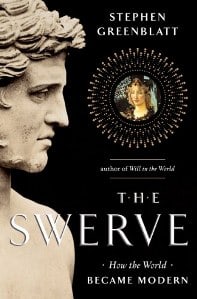Did the ancient Greek prophetesses, especially the Pythian priestesses in Delphi, speak in tongues and the Christians later adapted it?
The alleged connection between the two is an important one in the speaking in tongues debate. A dispute which this article seeks to look deeper into.
The approach used to find an answer is to locate the primary Hellenistic texts that make this connection and evaluate them. The article provides English translations along with the majority having Greek or Latin sources. Each reference contains a brief analysis. The reader is not required to know either one of these languages to examine the works and can easily skip over these foreign texts.
Table of Contents
- Introduction and Summary
- The Greek prophetesses and Glossolalia
- The classical sources on alleged glossolalia
- Aristophanes
- Herodotus The Histories
- Plato
- Virgil in The Aeneid
- Lukan’s The Civil War
- Plutarch’s Moralia
- Strabo
- Michael Psellos
- Rohde’s Psyche: Cult of Souls
